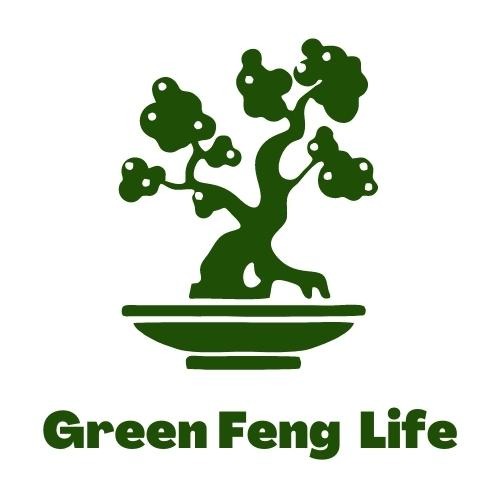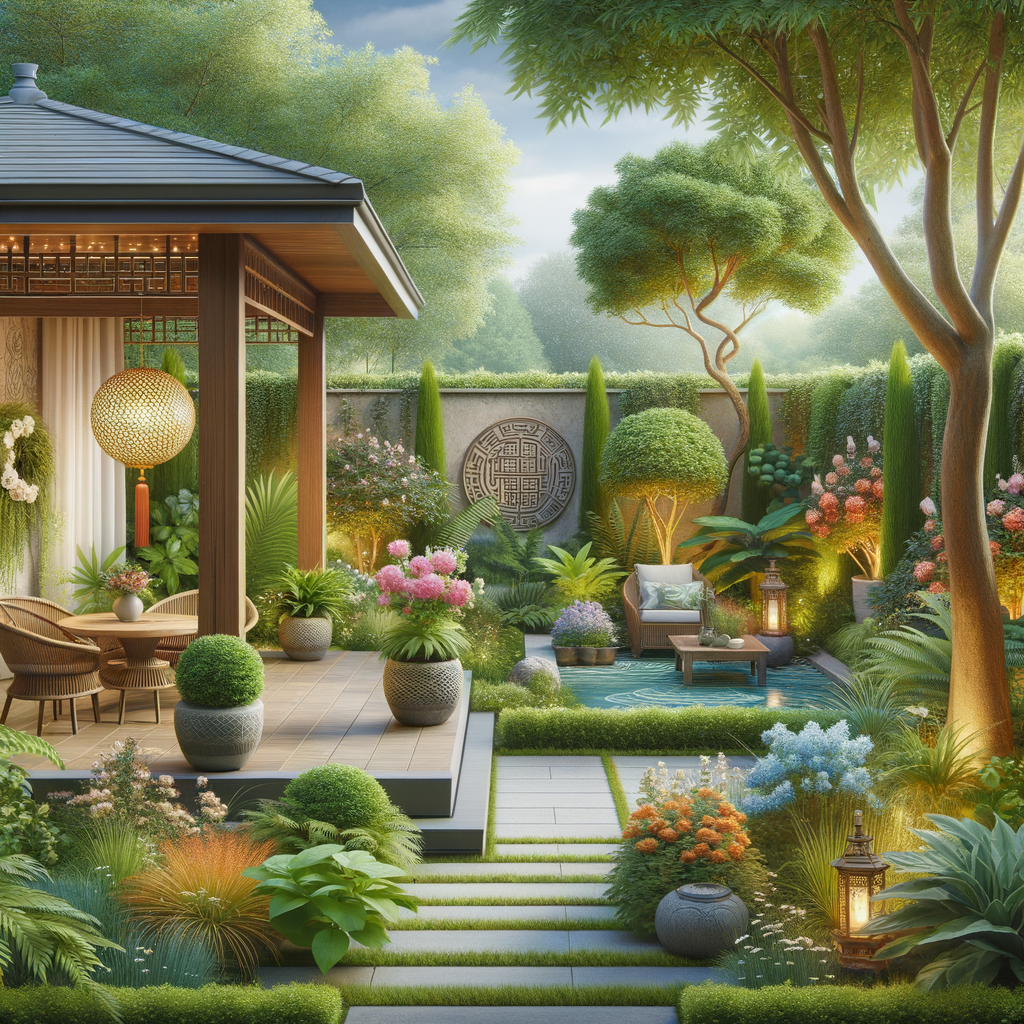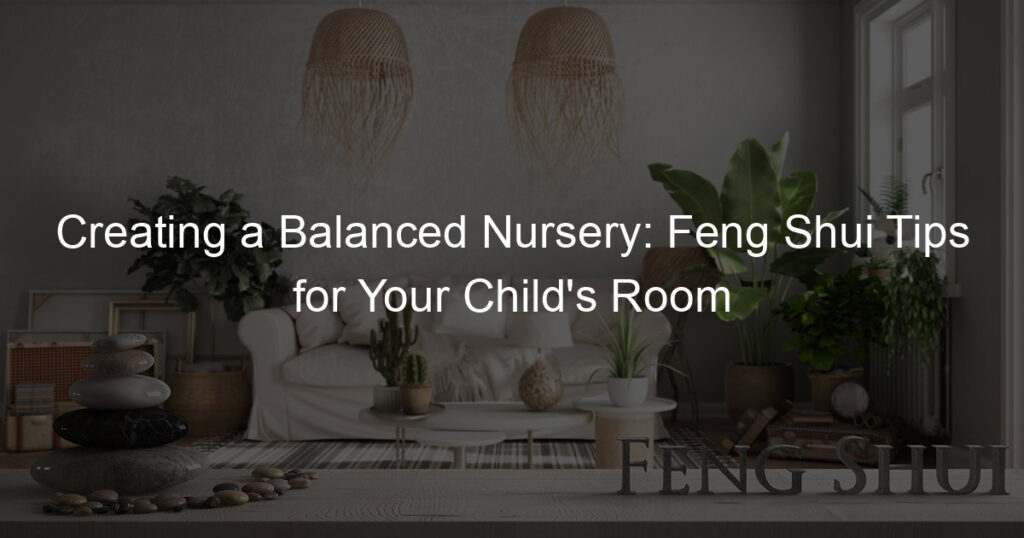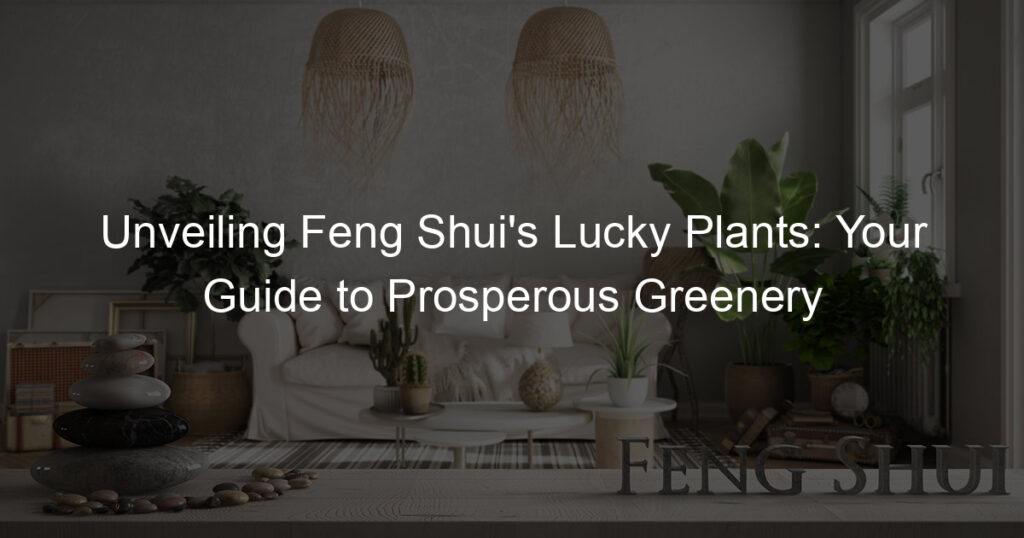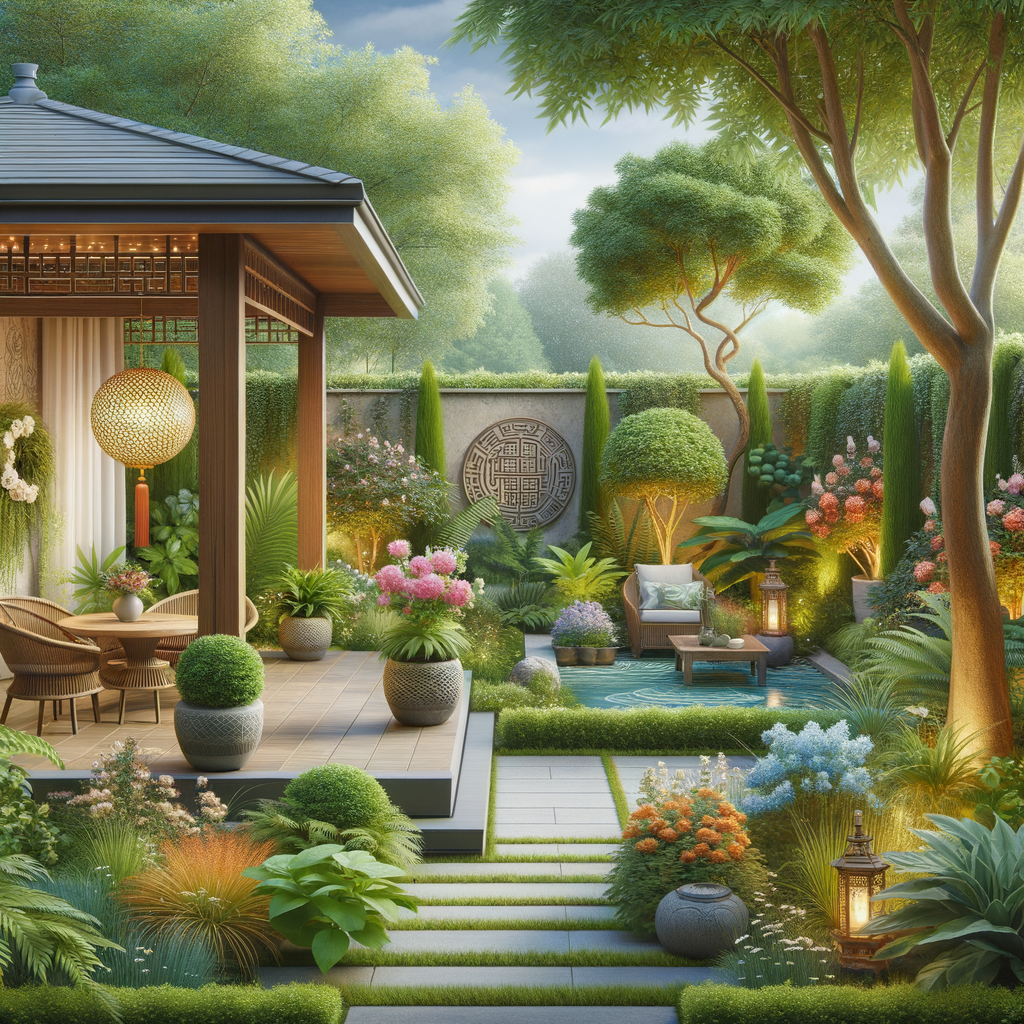
Introduction to Feng Shui Outdoor Plants
When it comes to creating a harmonious outdoor space, the ancient Chinese art of Feng Shui can play a pivotal role. This guide will introduce you to the concept of Feng Shui and its significance in outdoor spaces, particularly in relation to plants.
- Understanding the concept of Feng Shui
- The importance of Feng Shui in outdoor spaces
Feng Shui, which translates to “Wind and Water,” is an ancient Chinese practice that aims to balance the energies in a given space. It is believed that achieving this balance can bring about health, happiness, and prosperity. The practice involves arranging objects, such as furniture and plants, in a way that allows energy, or “Chi,” to flow freely.
Outdoor spaces, like gardens and patios, are an extension of our living spaces. They are where we connect with nature and find peace and relaxation. Therefore, it’s essential to create a harmonious environment in these areas. This is where Feng Shui comes in. By applying Feng Shui principles to the arrangement of plants and other elements in your outdoor space, you can enhance the flow of positive energy, creating a tranquil and inviting environment.
In the following sections, we will delve deeper into the best Feng Shui plants for outdoor spaces, how to create balance with plants, and tips and tricks for Feng Shui landscaping. We will also explore the benefits of Feng Shui plants and share some successful case studies. By the end of this guide, you will have a comprehensive understanding of how to elevate your outdoor spaces with Feng Shui plants.
Best Feng Shui Plants for Outdoor Spaces
Creating a harmonious outdoor space can be achieved by choosing the right plants. In Feng Shui, certain plants are believed to bring positive energy and good luck. Let’s explore some of the best Feng Shui plants for your patio.
Feng Shui Plants for Patio
A patio can be a place of relaxation and tranquility. The right plants can enhance this feeling and create a balanced environment. Here are some plants that are perfect for patios according to Feng Shui principles:
- Jade Plant
- Bamboo
- Chrysanthemum
The Jade Plant, also known as the ‘Money Plant’, is a popular Feng Shui plant. It’s believed to attract wealth and prosperity. This plant is easy to care for and can thrive in both sunny and shady areas, making it perfect for your patio.
Bamboo is another plant that is highly valued in Feng Shui. It symbolizes resilience, flexibility, and rapid growth. Bamboo is a great choice for a patio as it can provide a natural screen for privacy while also creating a peaceful atmosphere.
Chrysanthemums are considered to be a powerful Feng Shui plant. They symbolize a life of ease and balance. With their vibrant colors, they can add a touch of beauty to your patio while promoting positive energy.
Choosing the right plants for your patio can make a significant difference in the energy of your outdoor space. Whether you choose a Jade Plant, Bamboo, or Chrysanthemum, each of these plants can contribute to a serene and balanced patio environment.
Feng Shui Plants for Your Backyard
Transforming your backyard into a serene and balanced space is easier than you might think. By incorporating Feng Shui principles and selecting the right plants, you can create an outdoor sanctuary that promotes positive energy and harmony. Let’s explore three of the best Feng Shui plants for your backyard.
- Lotus
- Peony
- Orchid
The Lotus plant, known for its beautiful and vibrant flowers, is a symbol of purity and spiritual awakening in Feng Shui. Its ability to bloom in muddy waters represents resilience and the triumph of spirit over adversity. Planting a Lotus in your backyard can help create a calming and inspiring atmosphere. Remember to place your Lotus plant near a water source, as they thrive in wet conditions.
Peonies are considered a symbol of romance and love in Feng Shui. Their lush, full blooms can bring a sense of joy and beauty to your backyard. Peonies are also associated with wealth and honor. Planting Peonies in your backyard can help attract positive relationships and prosperity. These plants prefer full sun and well-drained soil.
Orchids are revered in Feng Shui for their ability to release oxygen at night, promoting better sleep and relaxation. They are also symbols of fertility and abundance. Their exotic and elegant appearance can bring a unique aesthetic appeal to your backyard. Orchids prefer indirect light and high humidity conditions.
Incorporating these Feng Shui plants into your backyard design can not only enhance the visual appeal of your outdoor space but also promote a sense of peace and well-being. Remember, the key to successful Feng Shui landscaping is balance. So, ensure your plants are well-spaced and complement each other well.
Outdoor Feng Shui: Creating Balance with Plants
In the world of Feng Shui, balance is key. This ancient Chinese practice believes that the arrangement of objects, including plants, can affect the flow of energy or ‘chi’ in a space. When this energy is balanced, it brings harmony, peace, and prosperity. Let’s dive into how we can use plants to create this balance outdoors.
- Understanding the five elements in Feng Shui
Feng Shui revolves around five elements: Wood, Fire, Earth, Metal, and Water. Each of these elements has a unique energy that interacts with the others in different ways. Here’s a brief overview:
| Element | Characteristics |
|---|---|
| Wood | Represents growth, vitality, and expansion. It’s associated with the color green. |
| Fire | Symbolizes passion, energy, and transformation. It’s linked with the color red. |
| Earth | Stands for stability, nourishment, and calmness. It’s connected with yellow and brown colors. |
| Metal | Denotes clarity, precision, and efficiency. It’s related to white and metallic colors. |
| Water | Emphasizes wisdom, serenity, and inspiration. It’s associated with the color blue. |
- How to use plants to balance these elements
Plants can be powerful tools in Feng Shui to balance these five elements. Here are some ways to do it:
- Wood: Plants themselves represent the wood element. So, having green plants around can boost the wood energy in your outdoor space.
- Fire: Red or orange flowering plants can be used to increase the fire element. Also, plants with triangular or pointed leaves symbolize fire.
- Earth: You can enhance the earth element by using clay pots for your plants or choosing plants with round leaves.
- Metal: Metal element can be boosted by using metallic pots or containers for your plants. Also, white flowering plants represent the metal element.
- Water: Incorporating water features like a small pond or fountain can increase the water element. Also, blue or purple flowering plants symbolize water.
Remember, the goal is not to overload your space with all elements but to create a balance that suits your personal energy and the energy of the space. Experiment with different plants and arrangements until you find the balance that feels right for you.
Feng Shui Landscaping: Tips and Tricks
Landscaping with Feng Shui principles can bring balance, harmony, and positive energy to your outdoor spaces. Here are some tips and tricks to help you create a Feng Shui garden that not only looks beautiful but also promotes good fortune and well-being.
Feng Shui Garden Design
Designing a Feng Shui garden involves careful planning and thoughtful choices. Here are three key steps to consider:
- Creating a Harmonious Layout
- Choosing the Right Plants
- Positioning of Water Features
Start by sketching a layout of your garden. In Feng Shui, the goal is to create a balance of Yin (soft, slow, and passive energy) and Yang (hard, fast, and active energy). This can be achieved by mixing different shapes, sizes, and colors in your garden. For example, pair tall, straight trees (Yang) with low, curvy flower beds (Yin). Also, make sure paths curve gently rather than run in straight lines, as this encourages energy to flow smoothly.
Plants play a significant role in Feng Shui. Choose plants with rounded leaves as they are considered luckier than those with pointed leaves. Also, include a variety of colors to represent the five Feng Shui elements – Wood, Fire, Earth, Metal, and Water. For instance, green plants represent Wood, red flowers symbolize Fire, yellow flowers represent Earth, white flowers symbolize Metal, and blue or black plants represent Water.
Water is a powerful Feng Shui element that attracts wealth and prosperity. Position your water features such as fountains, ponds, or birdbaths in the north, east, or southeast areas of your garden. However, avoid placing them directly in front of your house’s entrance as this can lead to energy, or Chi, being drained away.
Remember, the key to successful Feng Shui landscaping is balance. With the right layout, plant selection, and water feature positioning, you can create a garden that not only looks good but also brings positive energy into your life.
Feng Shui Plants Benefits
When it comes to enhancing the overall ambiance and energy of your outdoor spaces, nothing can beat the power of Feng Shui plants. These plants not only add a touch of nature’s beauty to your surroundings but also offer a multitude of benefits. Let’s delve into some of the key benefits of incorporating Feng Shui plants into your outdoor spaces.
- Boosting Positive Energy
- Improving Air Quality
- Enhancing Aesthetic Appeal
Feng Shui plants are known for their ability to boost positive energy or ‘Chi’ in your surroundings. They are believed to attract good luck, prosperity, and happiness. For instance, the Lucky Bamboo plant, a popular Feng Shui plant, is known to bring good fortune and success. By placing these plants in strategic locations around your outdoor space, you can create a more harmonious and positive environment.
Another significant benefit of Feng Shui plants is their ability to improve air quality. Many of these plants, such as the Boston Fern and Peace Lily, are excellent air purifiers. They absorb harmful toxins from the air and release fresh oxygen, contributing to a healthier and cleaner environment. This can be particularly beneficial in urban areas where air pollution levels are high.
Feng Shui plants also play a crucial role in enhancing the aesthetic appeal of your outdoor spaces. With their vibrant colors and unique shapes, these plants can add a touch of elegance and beauty to any setting. For example, the Jade Plant, with its lush green leaves and compact size, can be a perfect addition to your patio or garden. Moreover, these plants can also be used to create a focal point in your landscape, drawing attention and adding visual interest.
In conclusion, Feng Shui plants offer a unique combination of aesthetic appeal, health benefits, and positive energy. By incorporating these plants into your outdoor spaces, you can create a more balanced, harmonious, and inviting environment. So, why wait? Start exploring the world of Feng Shui plants today and experience the difference they can make in your life.
Case Studies: Successful Outdoor Space Feng Shui
Let’s dive into some real-life examples of how Feng Shui principles can transform outdoor spaces. These case studies will show you the power of Feng Shui and how it can create a harmonious and balanced environment.
- Case Study 1: Transforming a patio with Feng Shui plants
- Case Study 2: Revitalizing a backyard with Feng Shui principles
Meet Jane, a homeowner who wanted to bring a sense of peace and tranquility to her patio. Jane decided to use Feng Shui principles to revamp her outdoor space. She chose plants that are known for their Feng Shui benefits, such as the Bamboo plant for luck and the Jade plant for wealth and prosperity.
After adding these plants and arranging them according to Feng Shui guidelines, Jane noticed a significant difference. Her patio became a serene oasis where she could relax and unwind. She also noticed an improvement in her mood and overall well-being. This transformation shows the power of Feng Shui plants in creating a harmonious outdoor space.
Next, we have John, a homeowner who wanted to revitalize his dull and lifeless backyard. John decided to apply Feng Shui principles to his outdoor space. He started by decluttering his backyard and then added elements of Feng Shui such as water features for prosperity, wind chimes for positive energy, and plants like the Lotus for purity and perfection.
John’s backyard transformation was remarkable. It became a vibrant and inviting space filled with positive energy. His family and friends loved spending time in the backyard, and John felt a sense of pride and satisfaction. This case study demonstrates how Feng Shui principles can breathe new life into any outdoor space.
These case studies show that with the right Feng Shui plants and principles, you can transform your outdoor space into a peaceful and balanced environment. So why not give Feng Shui a try and see the difference it can make in your life?
Key Takeaways: Elevating Your Outdoor Spaces with Feng Shui Plants
As we wrap up our discussion on Feng Shui plants for outdoor spaces, let’s revisit the most important points. These key takeaways will help you transform your outdoor spaces into a serene and balanced environment.
- Choosing the Right Plants
- Creating a Balanced Layout
- Understanding the Benefits of Feng Shui Plants
Selecting the right plants is the first step towards achieving a Feng Shui outdoor space. Remember, each plant has its unique energy, and it’s essential to choose those that align with your intentions. For instance, the Bamboo plant is known for attracting peace and tranquility, while the Jade plant is believed to bring wealth and prosperity. Also, consider the plant’s health, color, and shape as these factors contribute to the overall energy of your space.
Creating a balanced layout is not just about aesthetics but also about harmonizing the energy in your outdoor space. The principles of Feng Shui encourage a balanced mix of the five elements – Wood, Fire, Earth, Metal, and Water. You can achieve this balance by carefully placing your plants and other elements like water features or garden furniture. For example, a water feature in the north area of your garden can enhance your career and life path, according to Feng Shui.
Finally, understanding the benefits of Feng Shui plants can motivate you to maintain your outdoor space. These plants not only enhance the visual appeal of your garden but also bring positive energy, improve air quality, and promote a sense of well-being. In fact, a study showed that people who spend time in a Feng Shui garden experience lower stress levels and improved mental health.
In conclusion, integrating Feng Shui plants into your outdoor spaces can significantly elevate its energy and aesthetic appeal. Remember, the goal is to create a harmonious environment that resonates with your personal energy and intentions. Happy gardening!
